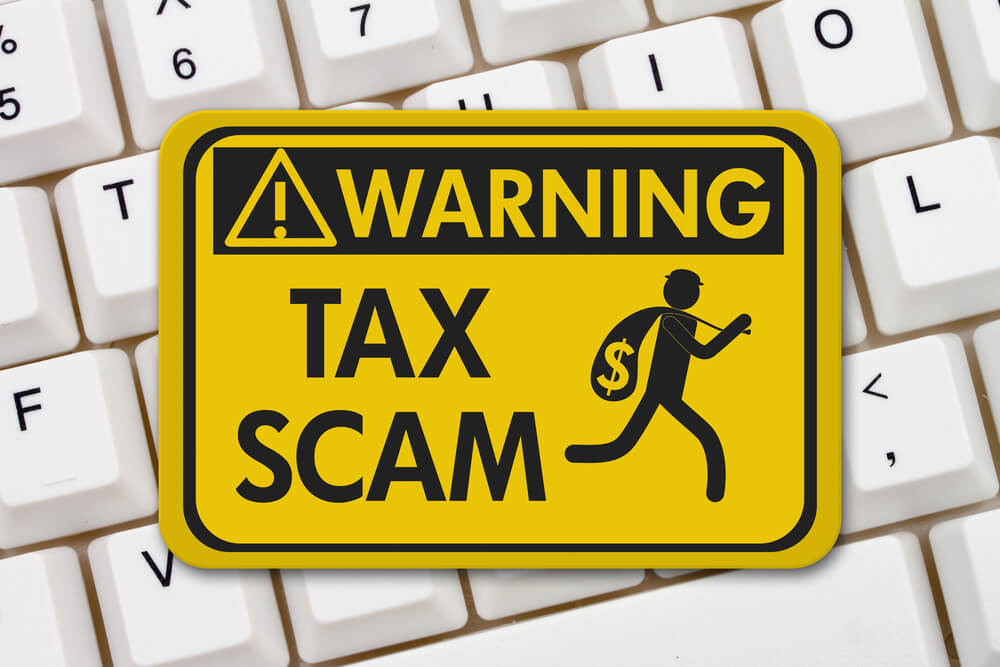California is at it again.
Already one of the worst states for taxes, a San Francisco city official has proposed a new “IPO tax” on companies that go public — like ride-hailing giant Uber — simply “for the privilege of engaging in business in the city.”
The money from the tax would be used to support affordable housing for low-income workers, education and other benefits.
San Francisco residents already are at war with big tech companies that have invaded, leading to a housing crisis. Skyrocketing prices have forced many residents out of the city where there already is a massive homeless problem.
The new tax IPO tax, proposed by Supervisor Gordon Mar, on San Francisco companies’ initial public offerings (IPO) will be voted on next month. If approved by a majority of the county board, it would place a payroll tax covering stock-based compensation on the November ballot.
According to Bloomberg, the proposal would impose a new cost on companies that dole out equity to employees.
Uber’s IPO is expected next month, meaning a massive payoff for many of its employees in the company’s hometown of San Francisco. And now it could mean a massive payoff for the government in a city where fears that a wave of tech IPOs threatens to displace even more long-time residents.
Per Bloomberg:
Mar told local labor and community activists at a meeting Monday night that he plans to announce the proposal on Wednesday during a subcommittee hearing and to introduce it in the next couple weeks, said Kung Feng, executive director of Jobs With Justice San Francisco, a coalition of labor and community groups. A public agenda for that meeting lists “impacts on business tax revenue, housing costs and gentrification” among the topics for discussion. Mar’s office didn’t respond to requests for comment, and Uber declined to comment because it hasn’t seen the legislation.
Tech IPOs this year could mint thousands of new millionaires. Two San Francisco companies, Lyft Inc. and Pinterest Inc., went public in the last month, achieving a combined market value of $31 billion. Redfin, the real estate brokerage, found the wealth created from Lyft’s offering alone would be more than enough for current and former employees to buy every home listed on the market in San Francisco, in cash. When Uber goes public next month, it’s targeting a market value of as much as $100 billion.
The potential law, which some are calling an “IPO tax,” reflects uneasiness in a city with constant reminders of the income gap, from Google buses to Uber drivers sleeping in their cars. A forthcoming analysis from San Francisco’s budget office indicates that IPO riches under the current tax system will provide little benefit to the city while driving up housing prices. But there’s a long road to making a new law. For it to take effect, the motion would need to secure majority support from the board of supervisors, win approval from voters in November and survive any potential legal challenges from affected companies.
The money from the tax would support affordable housing, lower-income workers, education and other benefits, according to Feng, one of several people briefed on the plans who spoke to Bloomberg. This year’s IPOs are “going to create vast inequality and displacement, and we as a city need corporations to pay their fair share and be good neighbors,” said Feng. “The IPO tax is one step toward that.”
